We were blessed to have Luke Beardon give a presentation to our Post-Diagnostic Support Group on Wednesday, in a private capacity, where he shared his view of what a utopian society for autistic people might look like. After the talk an attendee asked whether the slides could be made available, and Luke graciously agreed to let us share them on our website.
We would like to thank Luke again for taking the time to come and engage with our PDSG in his inimitable, informative and entertaining style.
Share This Post:


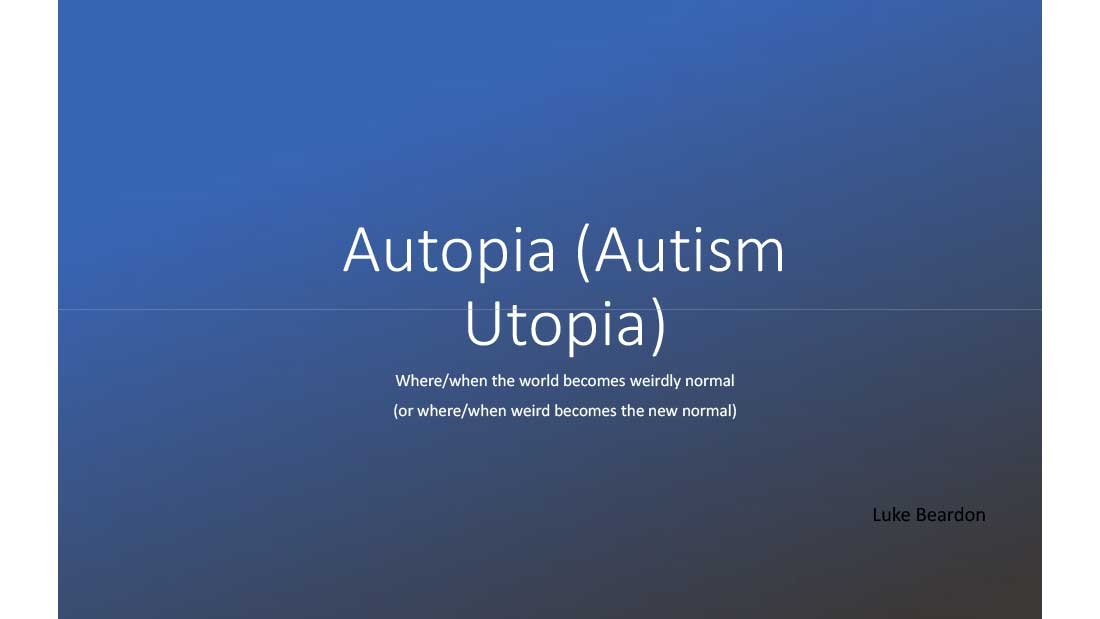
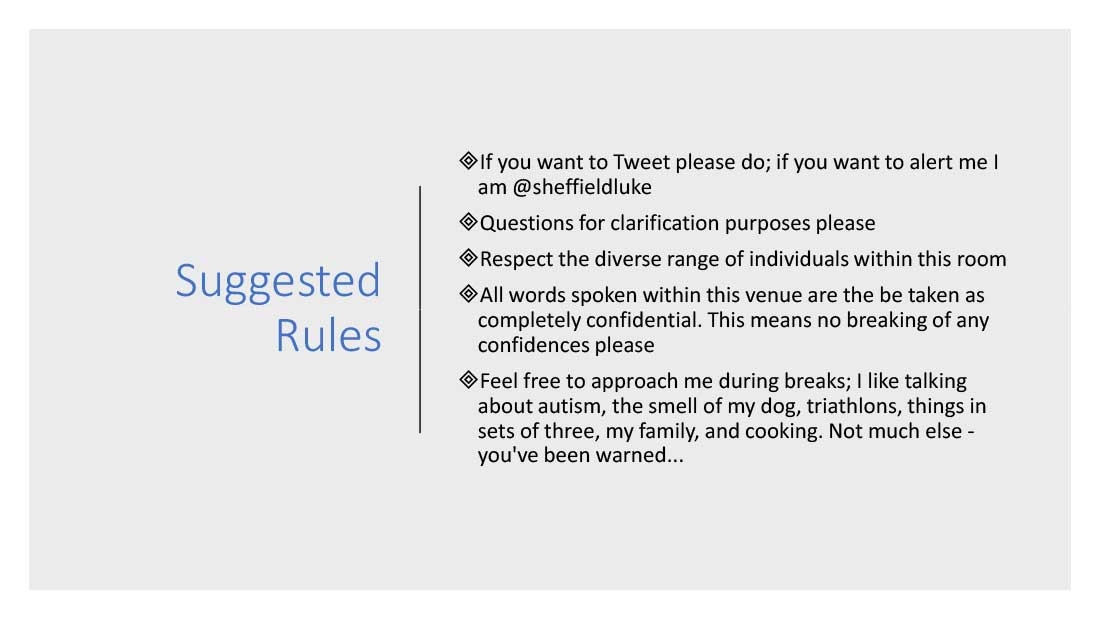
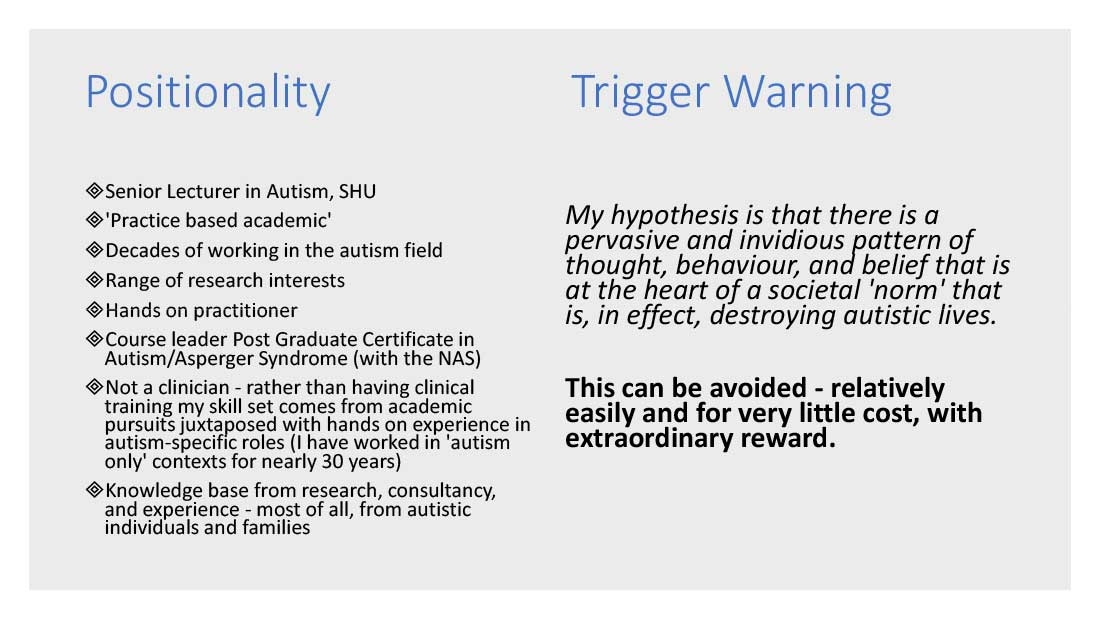
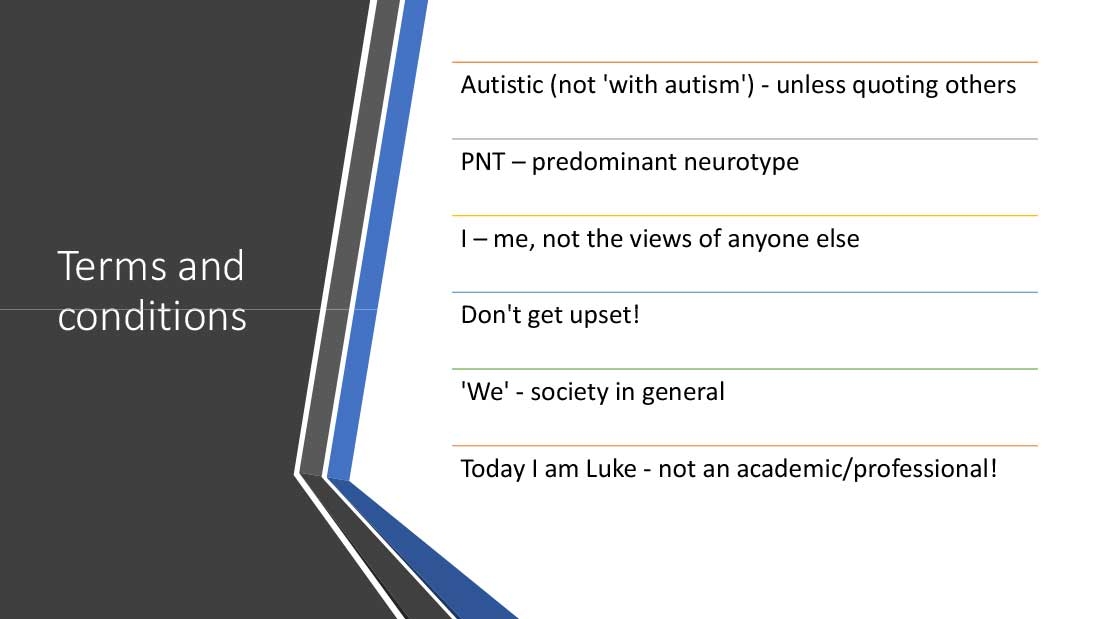
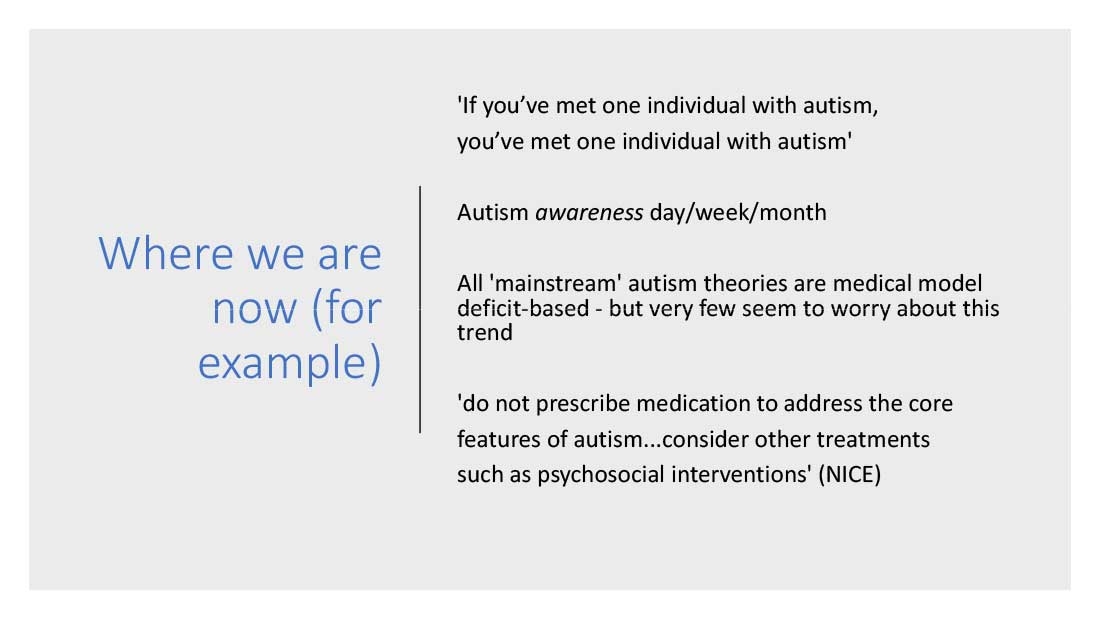
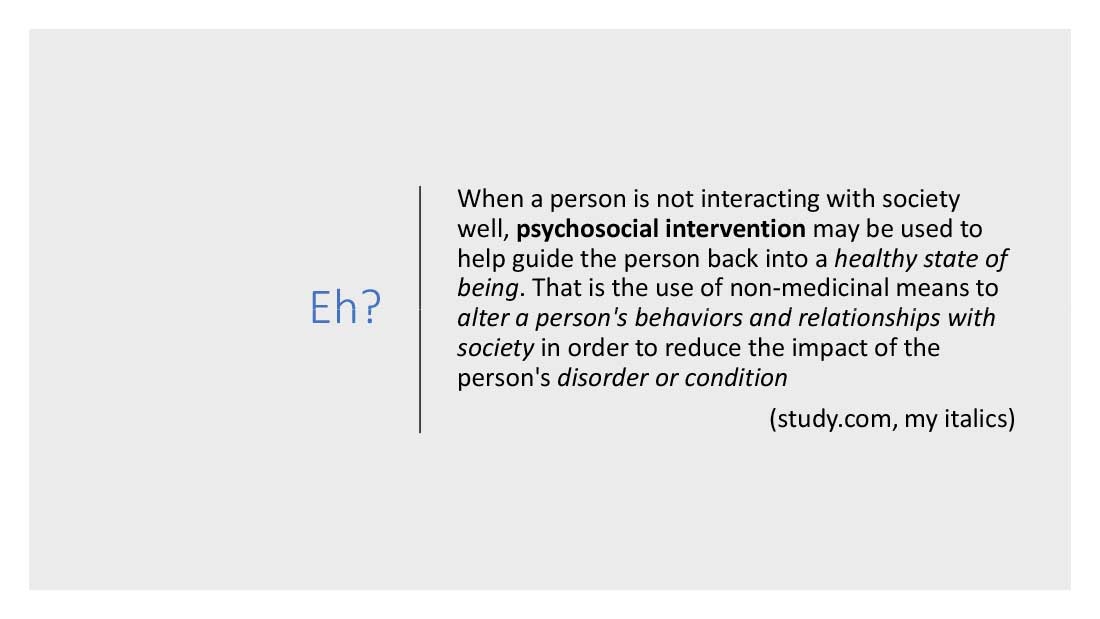
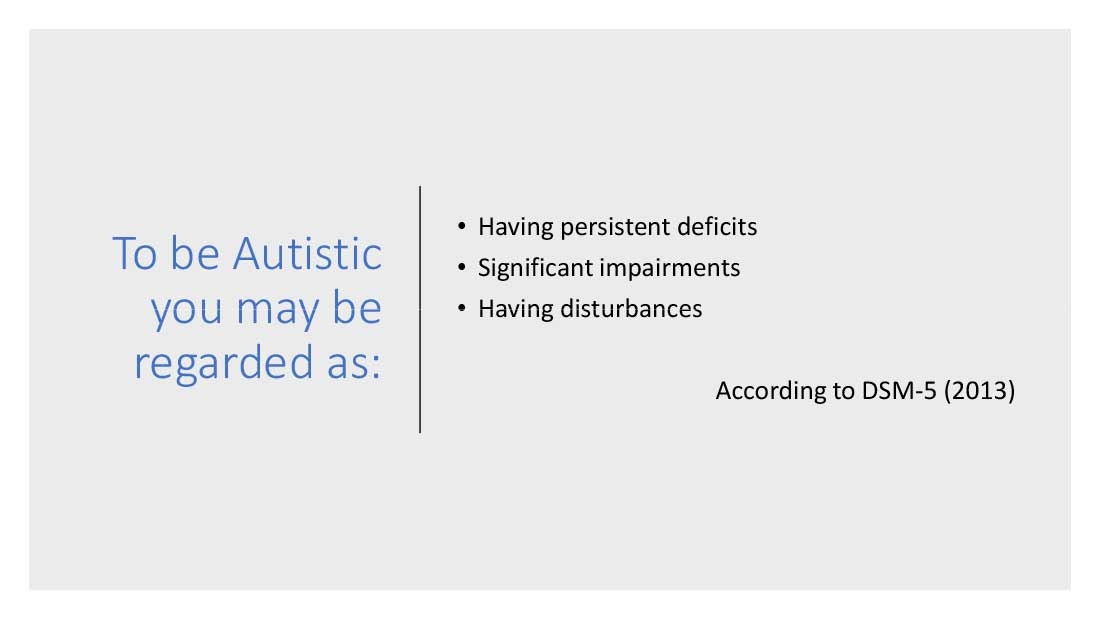
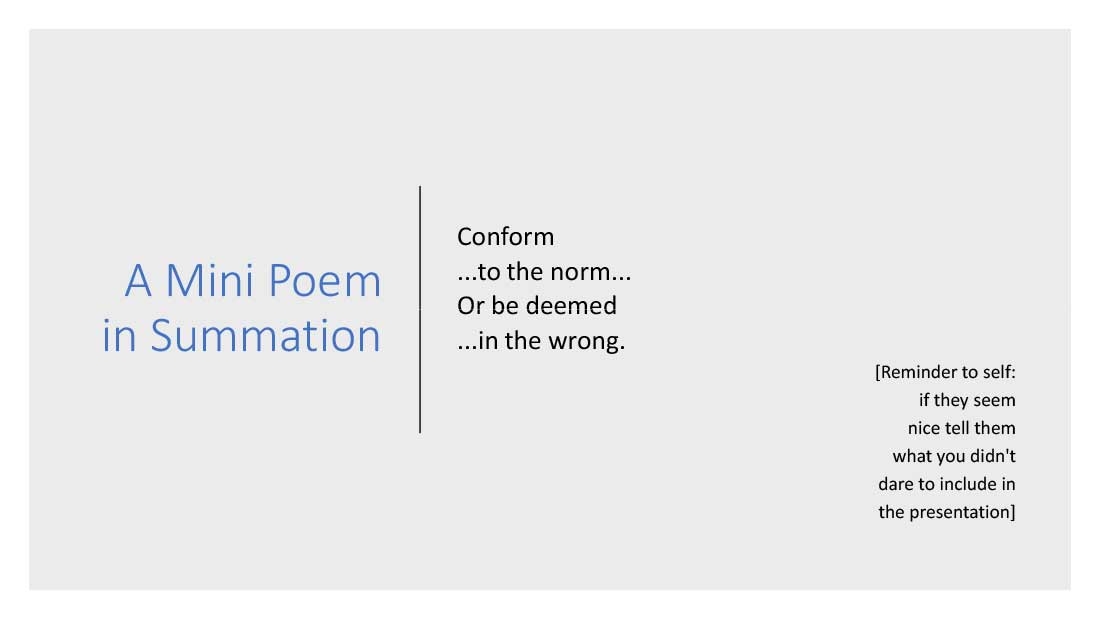
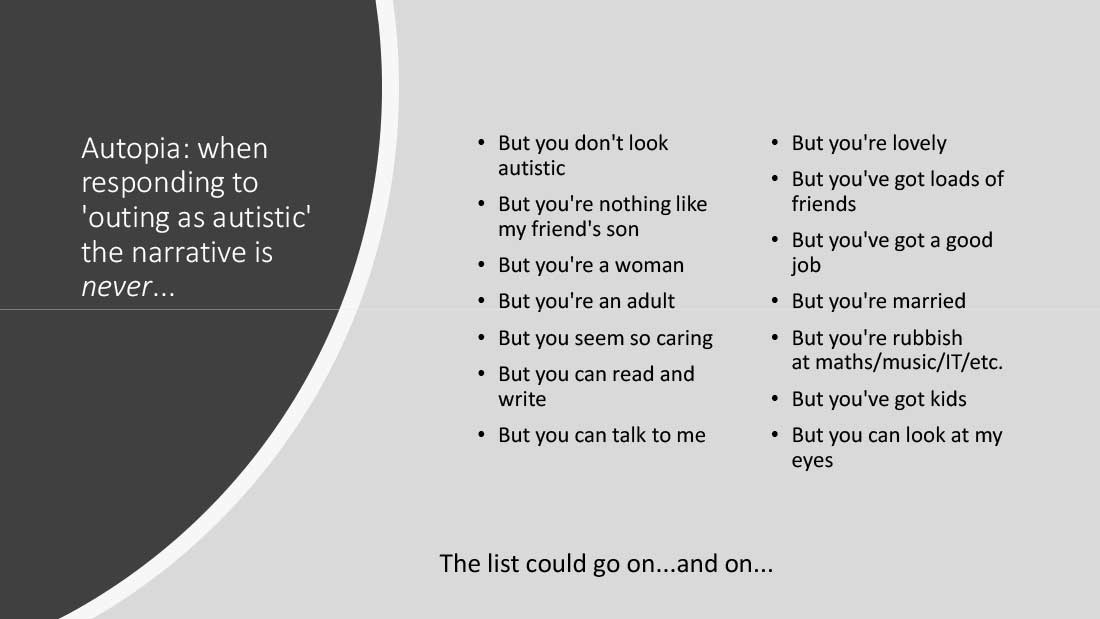
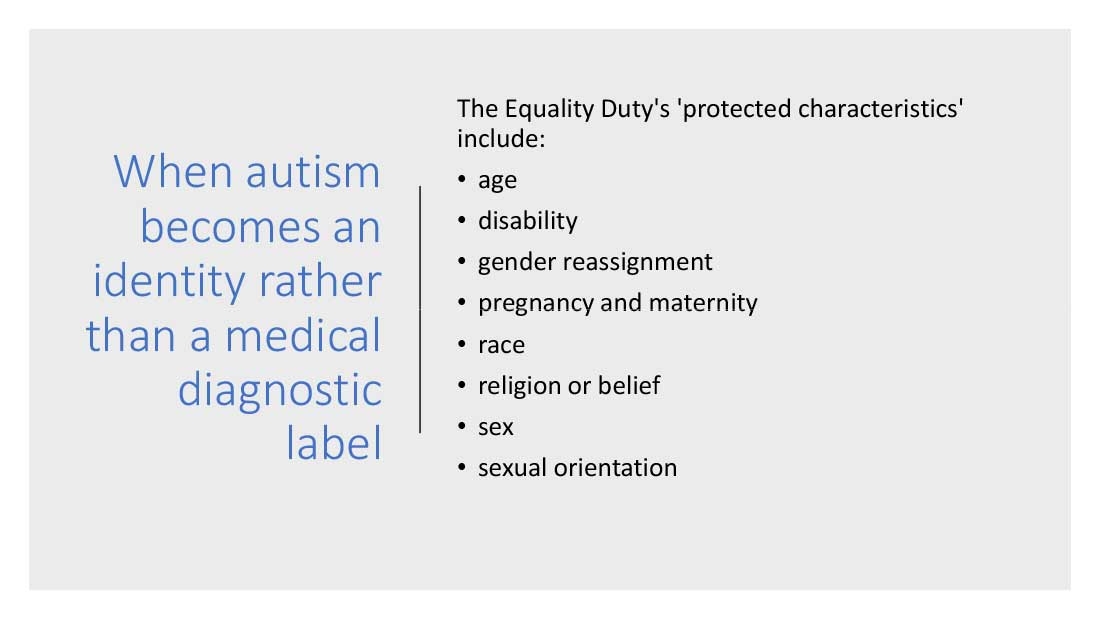
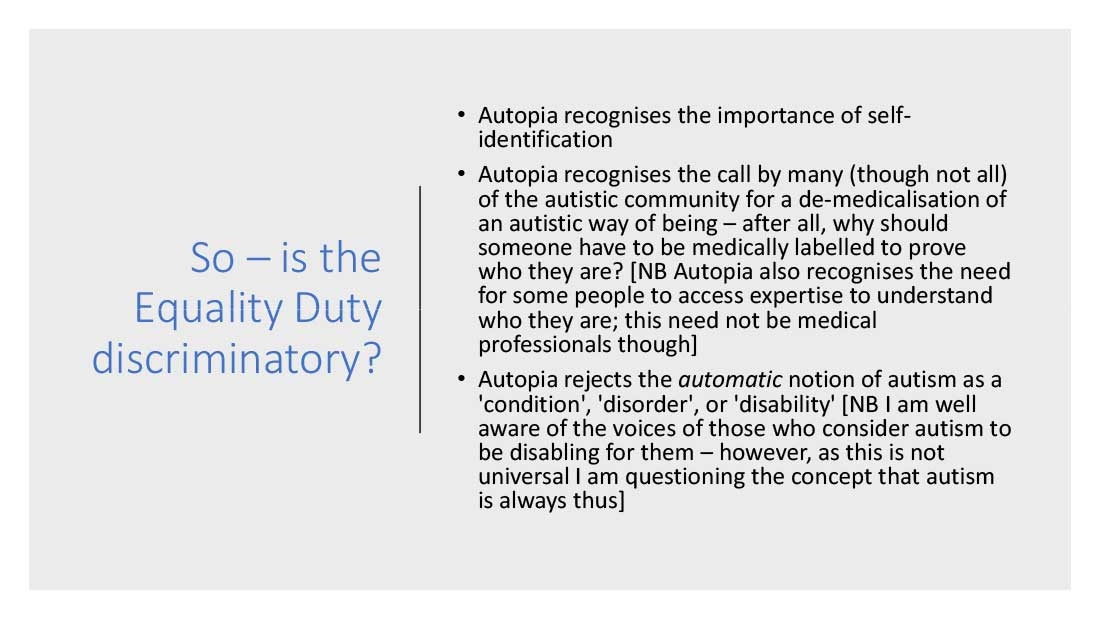
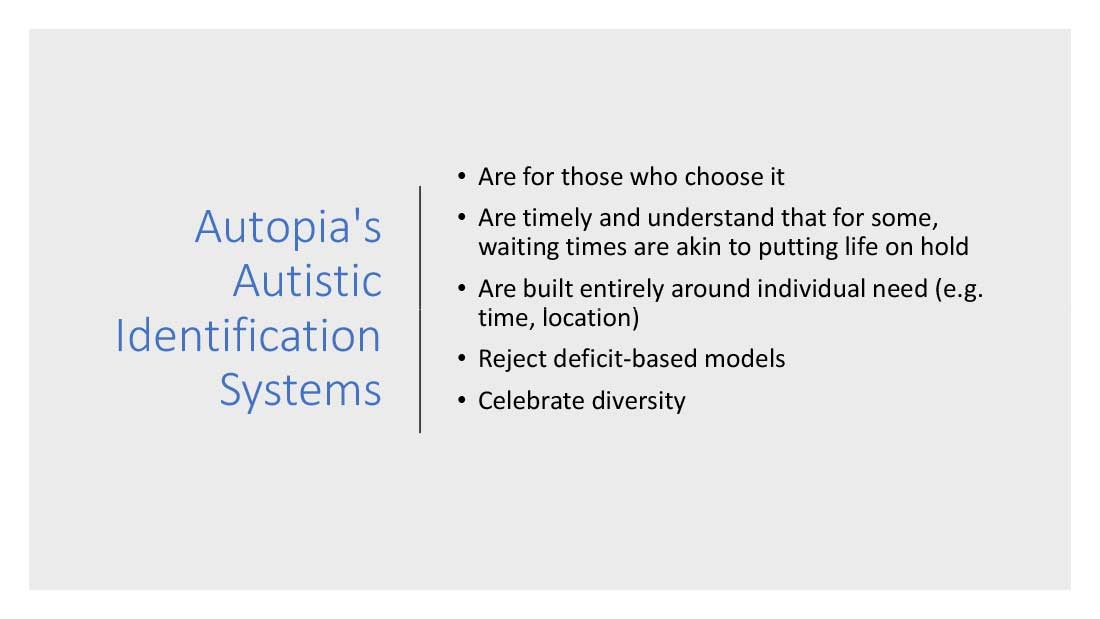
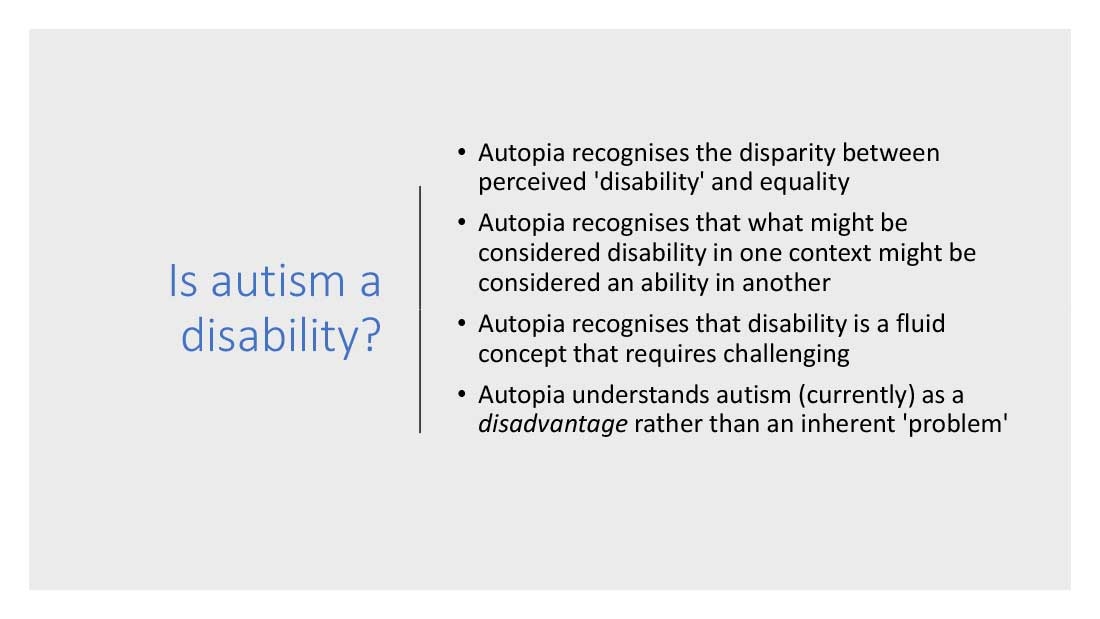
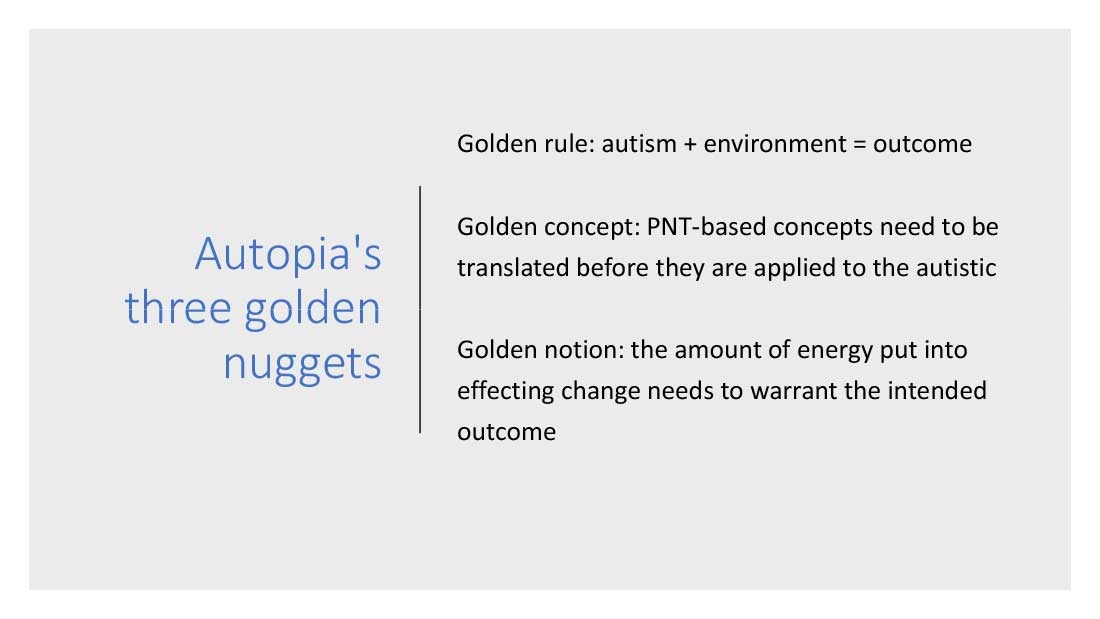
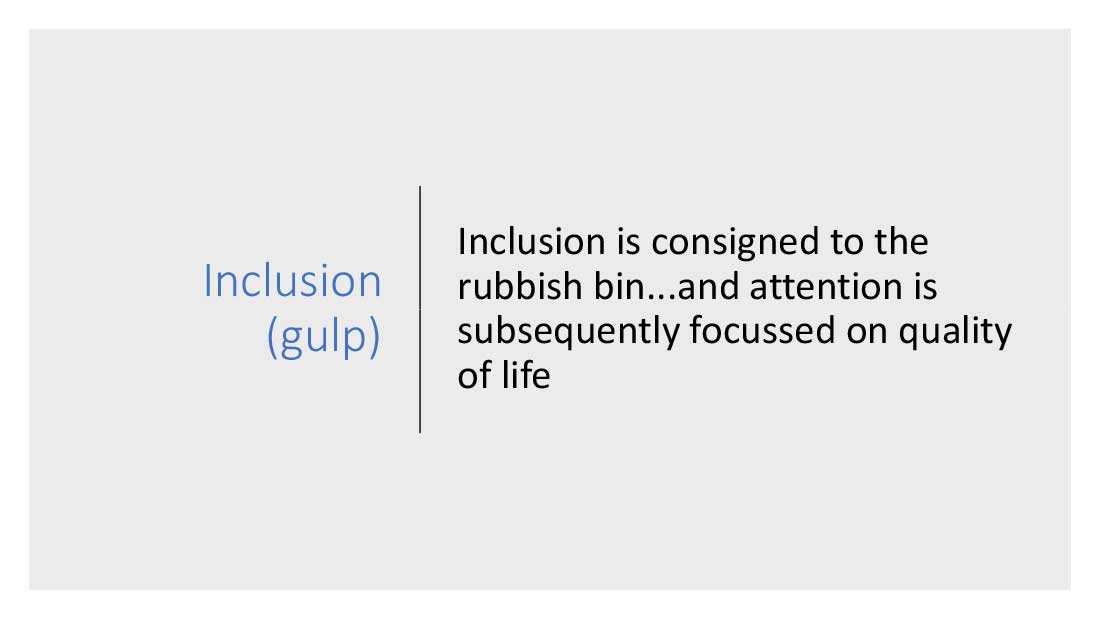
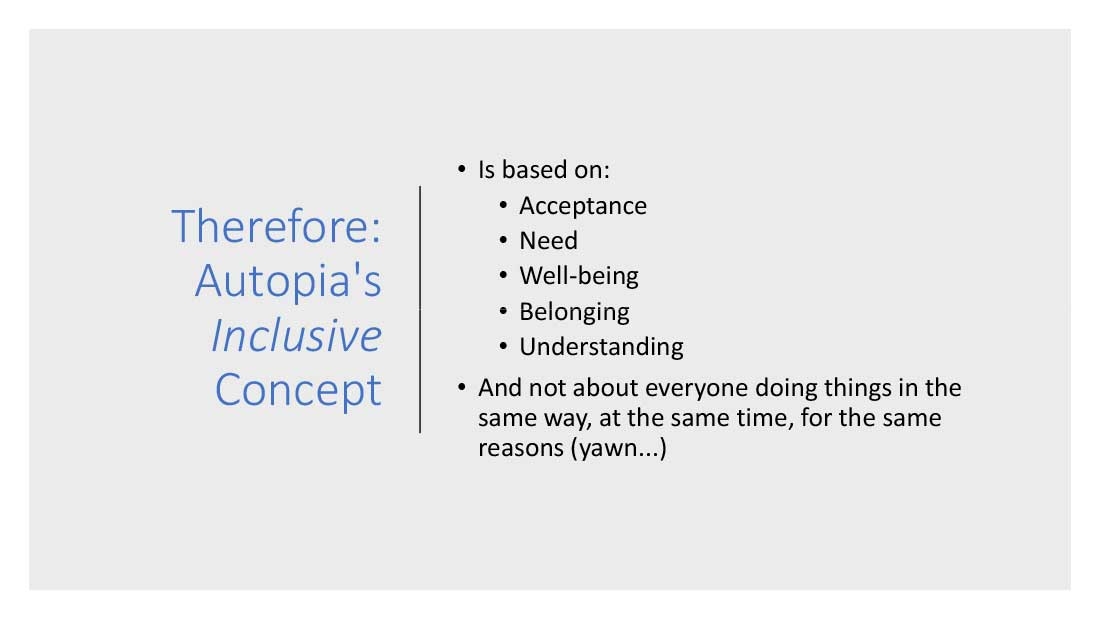
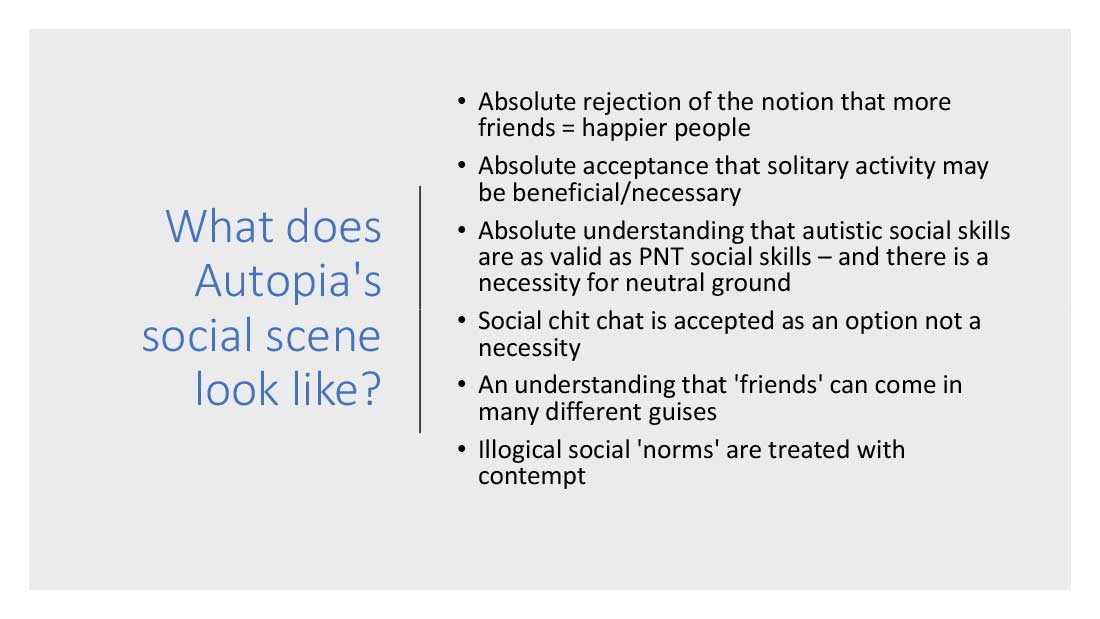
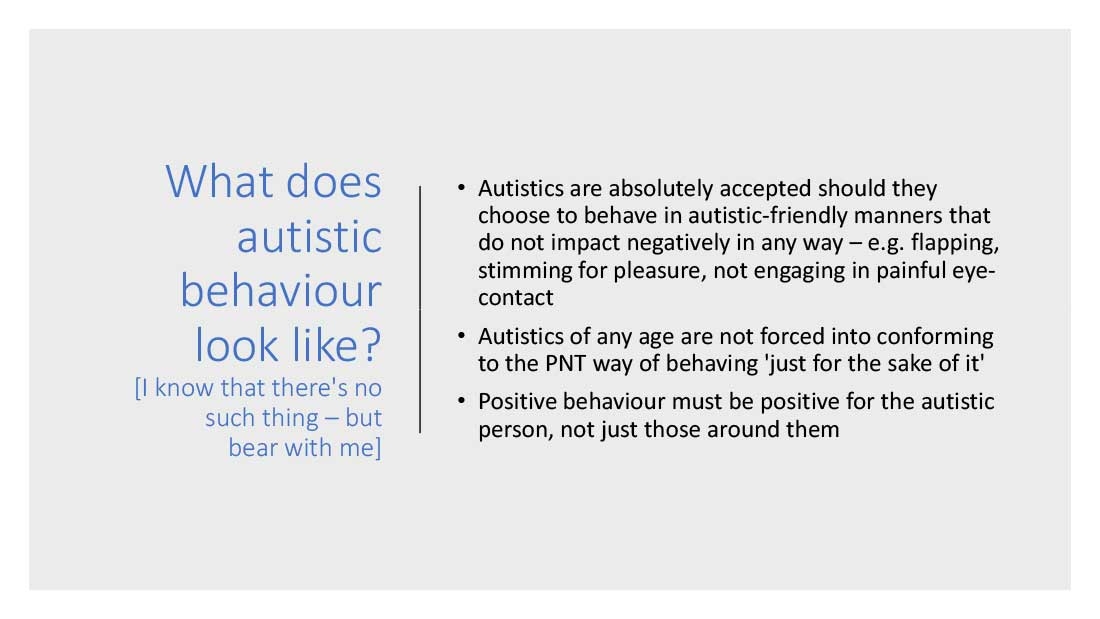
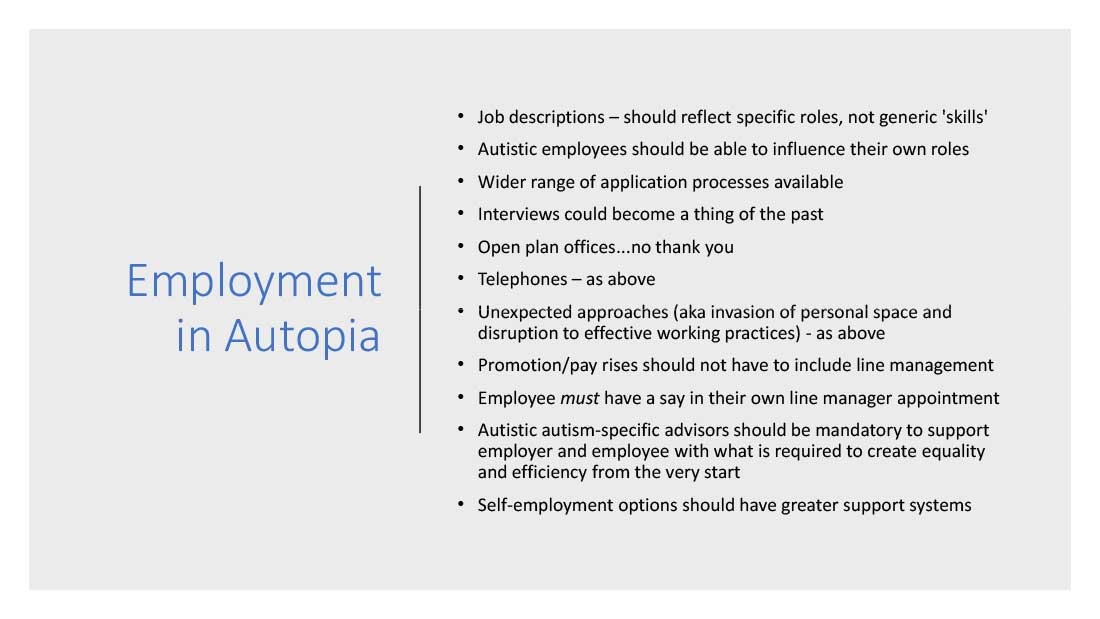
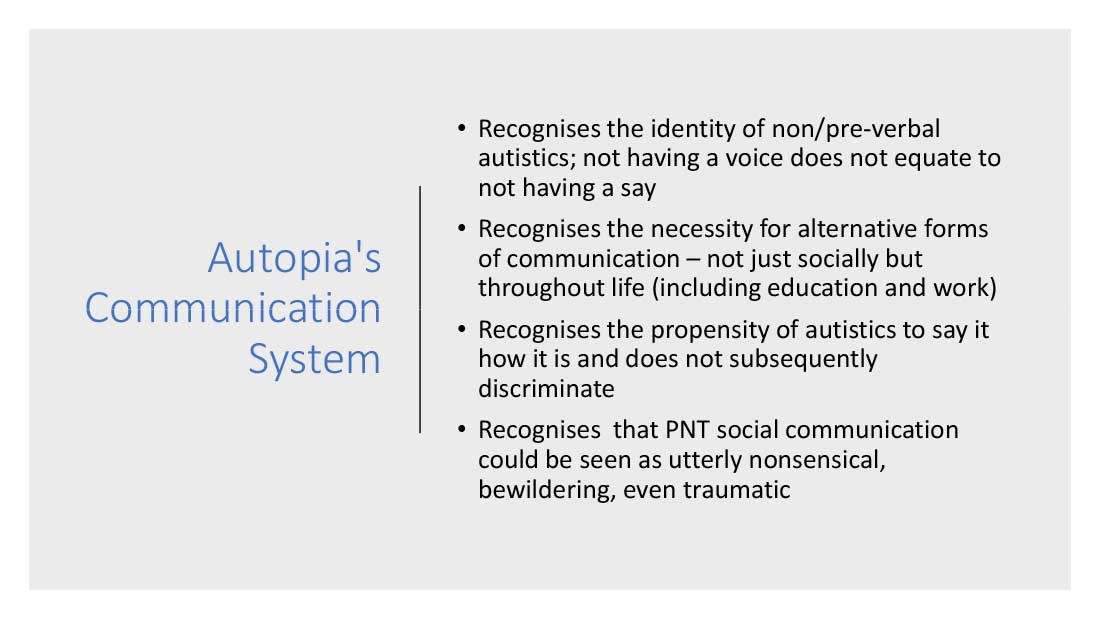
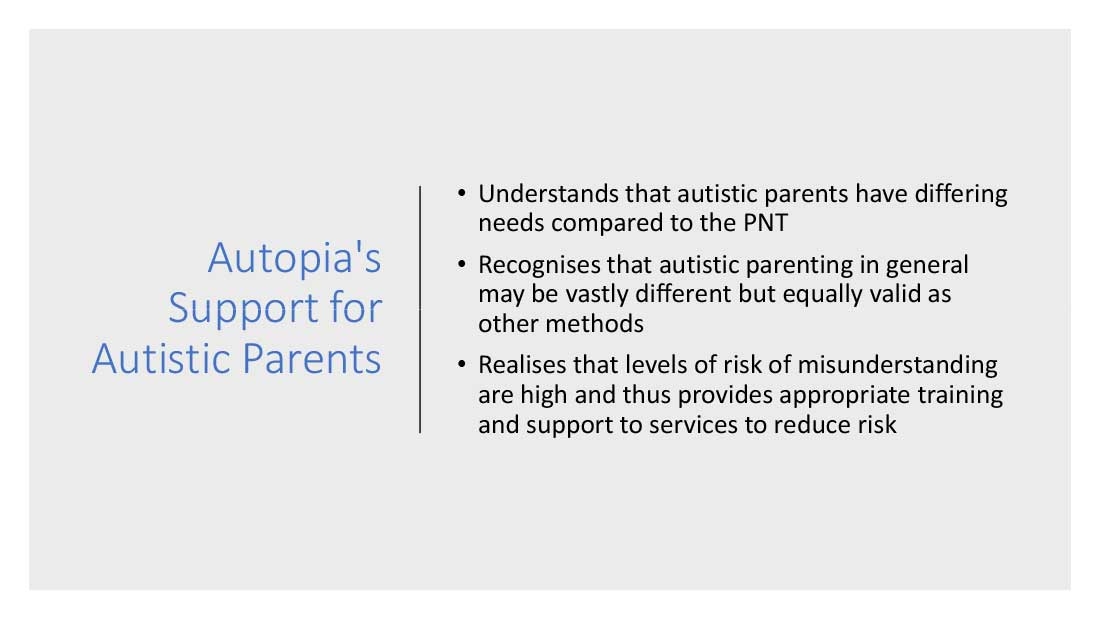
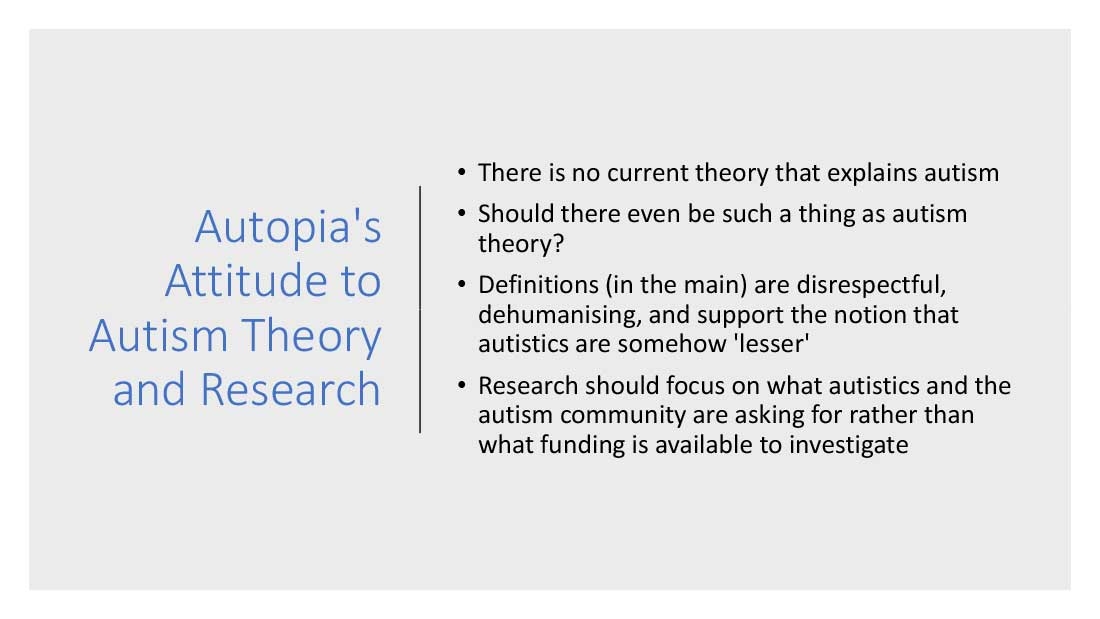
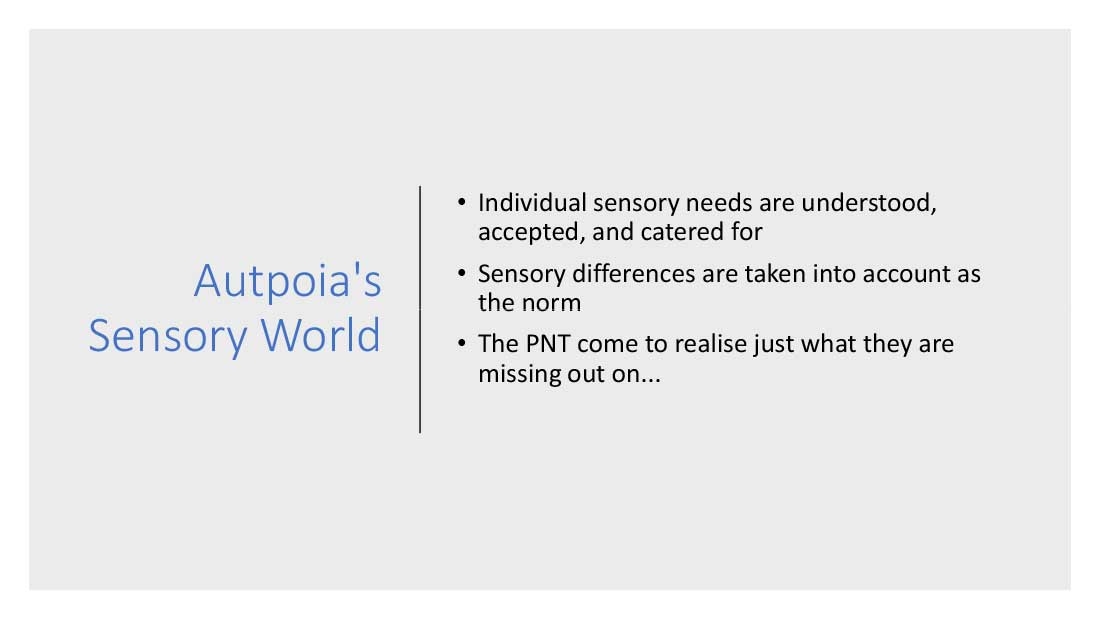
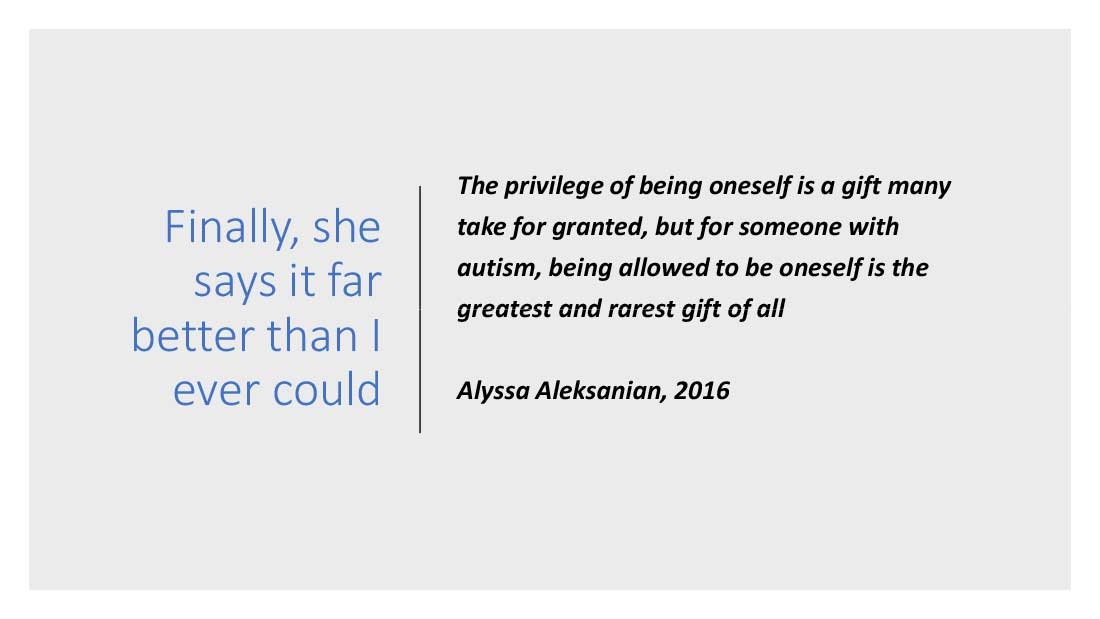
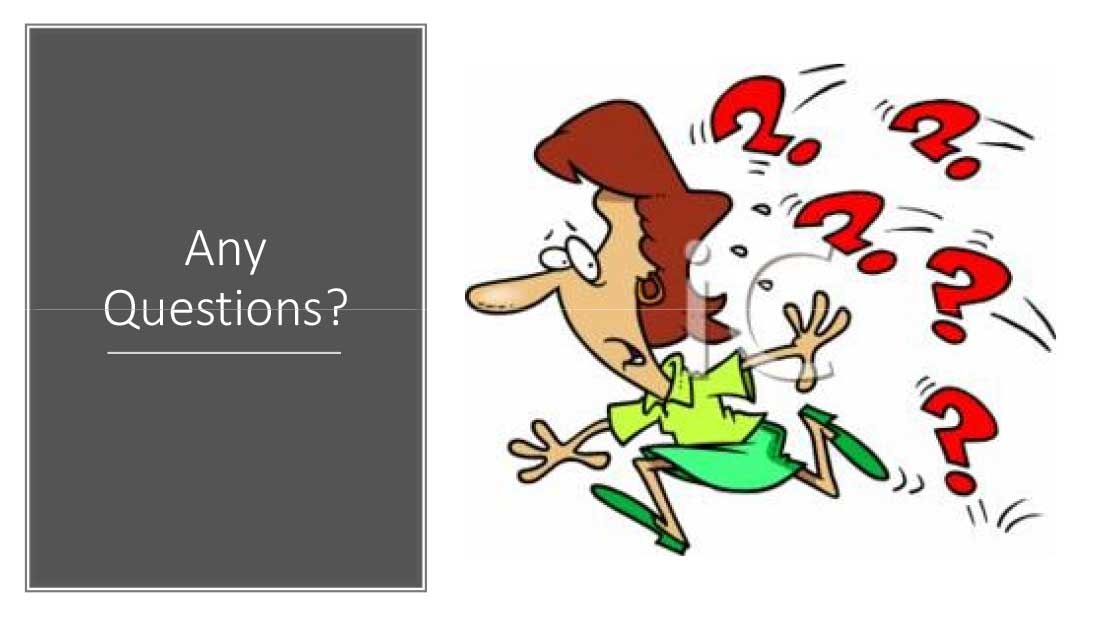

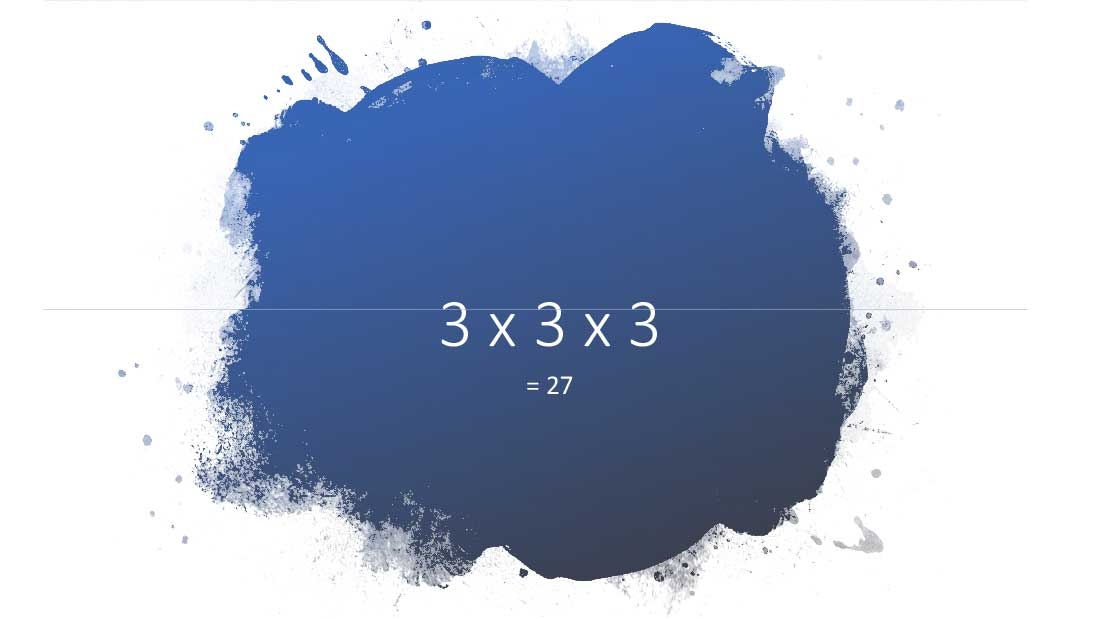





It was an absolute pleasure.
Luke Beardon’s long awaited presentation was outstanding.
Yes, we have much to worry about in relation to us living in a “non Autopian ” world, but as Luke said, we are the lucky ones – the ones who have come through Axia and are now “under their wing”.
Many thanks to all the Axia team for arranging another superb PDSG, and to Luke – a genius, and we are so lucky to have him in our corner.
And thank you very much to Dream for making it possible for us to read and absorb the slides.
Sorry I missed it
Thanks for your kind comments Helen
I was gutted I couldn’t attend this talk (had to take child to uni interview in Cardiff), so really grateful to Luke for sharing the slides, and to Axia for posting them.
Joanne
Our pleasure
Funny you should mention weird-a lot of people have told me that they think I’m weird. I have to say that I don’t agree with them. I consider that to be truthful, faithful, kind, compassionate etc. is not linked to weirdness. Yes Luke is a genius as we all are. The question is ‘what will you do with it?’. I have to say that I really like Luke Beardon (not in the attraction way). Why does Luke like things in sets of 3? Is this a universal phenomenon to some extent? I think that Luke seems like quite a connected person. 3 is a different sort of number. It’s a triangular number, it’s also a prime number that can be made by adding 1 and 2 together-2 being a prime number and 1 not a prime number. 2 can be made by adding 1 and 1 together. 1 isn’t a prime number. So, 1 + 2 = 3. 1,2,3…this is the infinite series. 2 and 3 make 5. Then the 2 and 5 get closer-2 and 5 make 7. 4 and 7 make 11. There is 3 between the 4 and 7. 2 and 11 makes 13. There is 9 between the 2 and 11 that is divisible by 3. Go on and a similar pattern persists until we reach 31 and 61. Then a different pattern. Then 30 divided by 3 is 10 and 60 divided by 3 is 20. Add 1. Subtract 2. 2 and 2 again which is what we had after 1, 2, 3 and after 2 it’s 29 and 59. What does this represent in concrete or abstract contexts? After 1,2,3 we have two numbers the same in the left column-2 and 2. After 6, 23, 29 we have the same two numbers-2 and 2.
prime = p
not prime = np
1,2,3 (np,p,p) 1,2,3…infinite series
2,3,5 (p,p,p)
2,5,7 (p,p,p)
…
6,23,29 (np,p,p)
2,29,31 (p,p,p)
2,59,61 (p,p,p)
What does the word autism actually mean? I’m just a human trying to understand this planet
It derives from the Greek word autos meaning self
Thanks for your reply. So why did someone take off the ‘os’ and use ‘ism’ instead after ‘aut’? Who decided to do that? And what does the ‘ism’ bit mean? All humans are each, respectively, ourselves aren’t we? I don’t understand why this word is used.
Luke did a very Good presentation making for an enjoyable meeting.Luke I wish I had Luke’s Quick Thinking Ability.